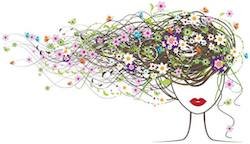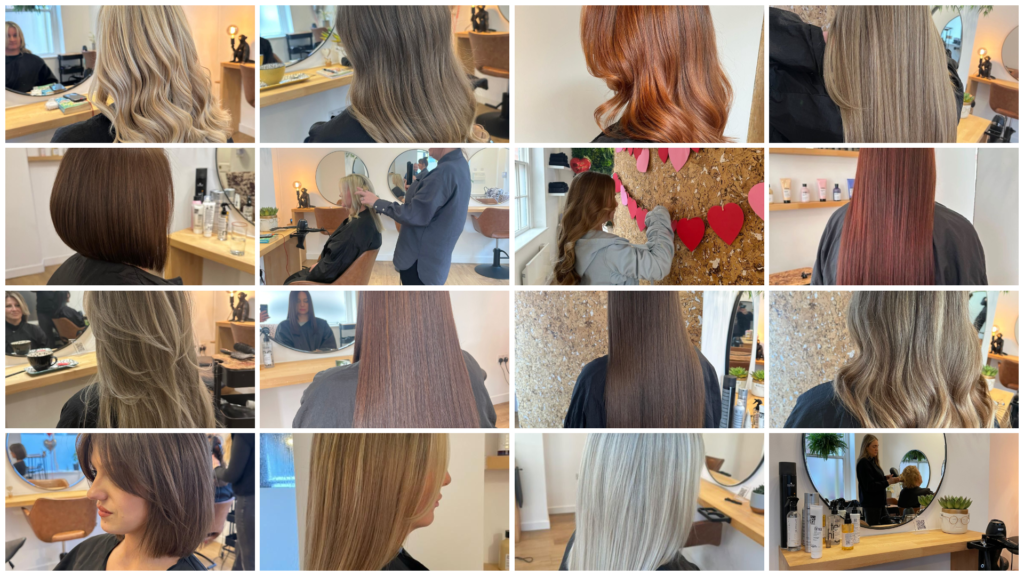The Science Behind Hair Growth: What You Need to Know
Have you ever wondered what’s really happening under your scalp? Hair isn’t just a style statement—it’s a fascinating biological process. Understanding the science behind hair growth can help you take better care of your locks and address common concerns like thinning or breakage.
The Hair Growth Cycle: A Three-Act Play
Hair growth is a continuous cycle with three main phases:
Anagen, catagen, and telogen.
- Anagen (Growth Phase) 🌱
This is the longest phase, lasting anywhere from 2 to 7 years. During this time, the cells in your hair follicle’s root are rapidly dividing, pushing out the hair shaft. About 90% of the hair on your head is in the anagen phase at any given time. - Catagen (Transition Phase) ⏳
This is a short, transitional phase that lasts about 2-3 weeks. The hair follicle shrinks, detaching from the dermal papilla—the blood supply that feeds it. This marks the end of active growth. - Telogen (Resting Phase) 😴
This phase lasts around 3 months. The hair remains in the follicle but is no longer growing. At the end of this phase, the old hair is shed to make way for a new hair beginning the anagen phase. It’s completely normal to lose 50-100 hairs a day!
What Influences Hair Growth?
Several factors can affect how long your hair stays in the growth phase and how healthy it is:
Genetics: Your genes play a huge role in determining your hair’s natural growth rate, thickness, and color.
Nutrition: A balanced diet rich in vitamins (especially A, C, and E), minerals (like iron and zinc), and protein is crucial for healthy hair. Think of these nutrients as the building blocks for your hair.
Hormones: Hormonal changes, such as those during pregnancy, menopause, or from conditions like thyroid disorders, can significantly impact hair growth and shedding.
Stress: High levels of stress can push more hair follicles into the telogen (resting) phase, leading to a noticeable increase in shedding a few months later.
Health: Certain medical conditions and medications can also affect the hair growth cycle.
Tips for Supporting Healthy Hair Growth
Now that you know the science, here’s how you can encourage healthy growth:
Eat a Nutritious Diet: Make sure your plate is full of leafy greens, lean proteins, fruits, and nuts. Always remember, a healthy diet is the best base for healthy hair.
Manage Stress: Try activities like yoga, meditation, or spending time outdoors to keep stress levels in check.
Handle Your Hair Gently: Avoid excessive heat styling, tight hairstyles, and harsh chemical treatments that can damage the hair shaft and follicle.
Regular Trims: Getting regular trims removes split ends, which can prevent breakage and make your hair appear fuller and healthier.
By understanding the science behind hair growth, you can make informed decisions about your haircare routine and ensure your hair stays as healthy as possible from the root to the tip!
I hope this helps, and as always please book in for a consultation with one of my friendly and professional team to discuss your hair.
Happy September everyone,
Hannah x
Featured photo by Ron Lach on Pexels.







